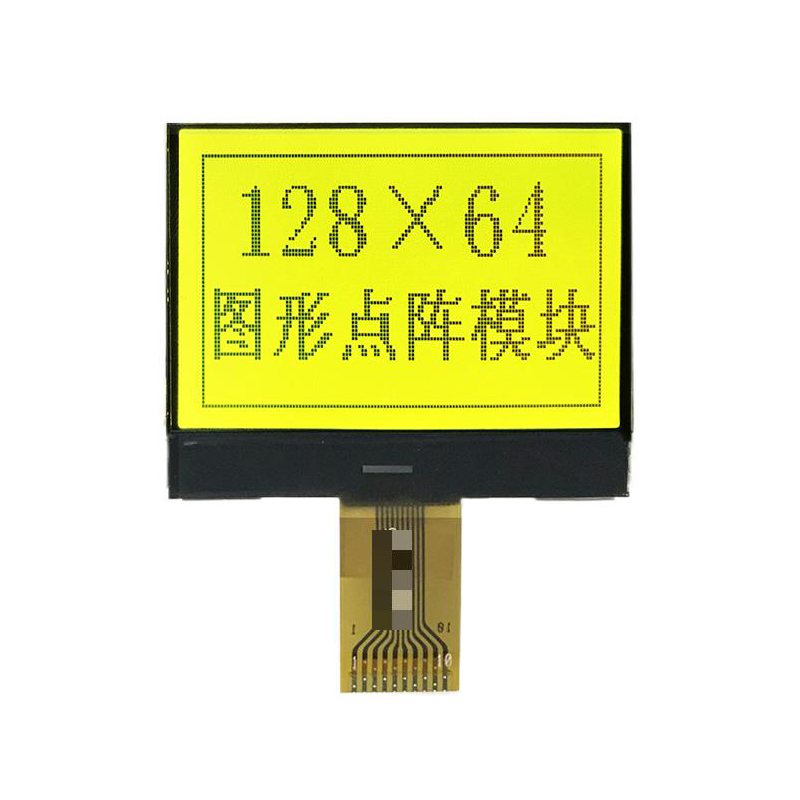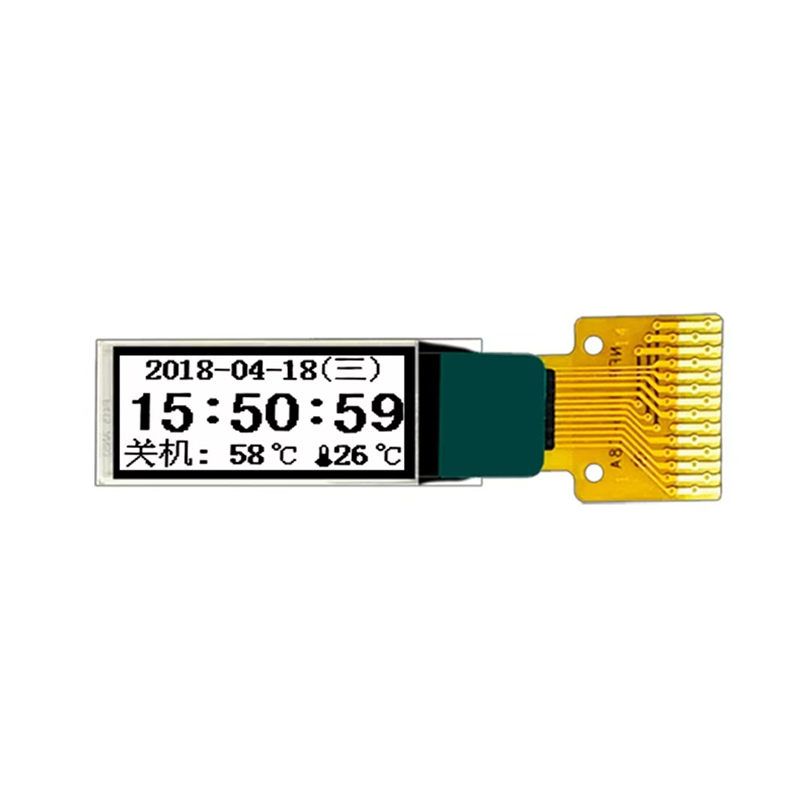
Thin-Film Transistor (TFT) displays are a dominant technology in the liquid crystal display (LCD) market. They utilize transistors embedded within the liquid crystal layer to individually control each pixel's brightness and color, resulting in high-resolution, sharp images. Unlike passive-matrix LCDs, TFT LCDs offer significantly faster response times and superior image quality, making them ideal for a wide range of applications. The technology has continuously evolved, leading to improvements in resolution, color accuracy, contrast ratio, and power consumption.
Various types of TFT displays exist, each with its strengths and weaknesses. The choice depends heavily on the intended application and performance requirements.
Amorphous silicon is the most common type of TFT used in LCDs due to its cost-effectiveness and relatively simple manufacturing process. However, a-Si TFTs have limitations in terms of electron mobility, resulting in slower response times compared to other types. They are frequently used in consumer electronics such as televisions, monitors, and laptops.
Polycrystalline silicon TFTs offer significantly higher electron mobility than a-Si TFTs, leading to faster response times and better performance. This makes them suitable for applications requiring high refresh rates and quick pixel transitions, such as high-end smartphones, tablets, and gaming monitors. The higher manufacturing cost is a trade-off for enhanced performance.
LTPS TFTs are a variation of poly-Si technology that allows for fabrication at lower temperatures. This enables the creation of displays with higher resolution and improved performance on flexible substrates, opening doors to foldable and rollable displays. LTPS is commonly found in high-end smartphones and premium tablets.
Several key specifications determine the quality and performance of a TFT display. Understanding these is crucial for making informed decisions.
Measured in pixels (e.g., 1920 x 1080), resolution determines the sharpness and detail of the image. Higher resolution means more pixels, resulting in a clearer and more refined picture.
This indicates how quickly a pixel can change from one color to another. Faster response times are crucial for applications like gaming and video playback to avoid motion blur.
The contrast ratio measures the difference in brightness between the brightest white and darkest black displayed. A higher contrast ratio translates to richer blacks and more vibrant colors.
Measured in nits (cd/m2), brightness represents the intensity of light emitted by the display. Higher brightness enhances visibility in brightly lit environments.
This refers to the range of angles from which the display can be viewed without significant color shift or contrast degradation. Wide viewing angles ensure consistent image quality from various perspectives.
TFT displays are ubiquitous in various sectors, impacting our daily lives in numerous ways.
| Application | TFT Display Type |
|---|---|
| Smartphones | LTPS, poly-Si |
| Laptops | a-Si, poly-Si |
| Televisions | a-Si |
| Monitors | a-Si, IPS |
| Automotive dashboards | a-Si, LTPS |
Selecting the appropriate TFT display necessitates considering factors such as resolution, response time, contrast ratio, brightness, viewing angle, size, power consumption, and budget. For specialized applications, additional considerations like operating temperature range and ruggedness might be crucial.
Ongoing research and development continue to improve TFT display technology. Advancements focus on higher resolutions, improved energy efficiency, flexible displays, and the integration of new features like touch sensitivity and augmented reality capabilities. Companies like Dalian Eastern Display Co., Ltd. are at the forefront of these innovations, constantly pushing the boundaries of TFT technology.
1 Data on TFT display types and applications are compiled from various industry reports and manufacturer specifications.












